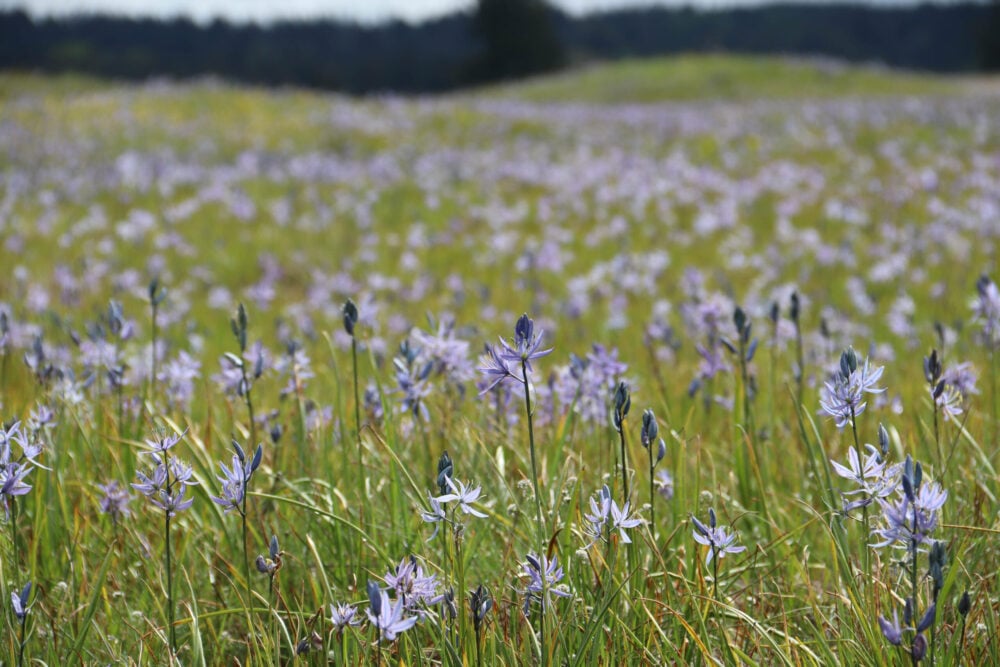
Contributor
- Topics: Archive
The carotenoid pigment zeaxanthin is concentrated in the center of the retina in our eyes, in the orange-colored macula. The pigment comes from the leafy green plants we eat and it helps protect our eyes from light radiation. Zeaxanthin also helps protect plants from the sun and is naturally increased when environmental conditions are harsh. However, for the purpose of human food supply, harsh conditions limit biomass or yield. Under ideal conditions, crops grow abundantly but do not contain as much protective pigment. An undergraduate researcher found that several 5-minute bursts of intense light over a background of optimal light elevated zeaxanthin
production without limiting biomass.
University of Colorado, Boulder Newsletter, March 4, 2014 and Acta Astronautica 94(2):799–806.
Share:
Social Media
Garden Futurist Podcast
Most Popular
Videos
Topics
Related Posts

January Showers Bring February flowers…
Fall 2022 It may not quite have the same ring to it as the old English proverb, but it has a lot more truth to
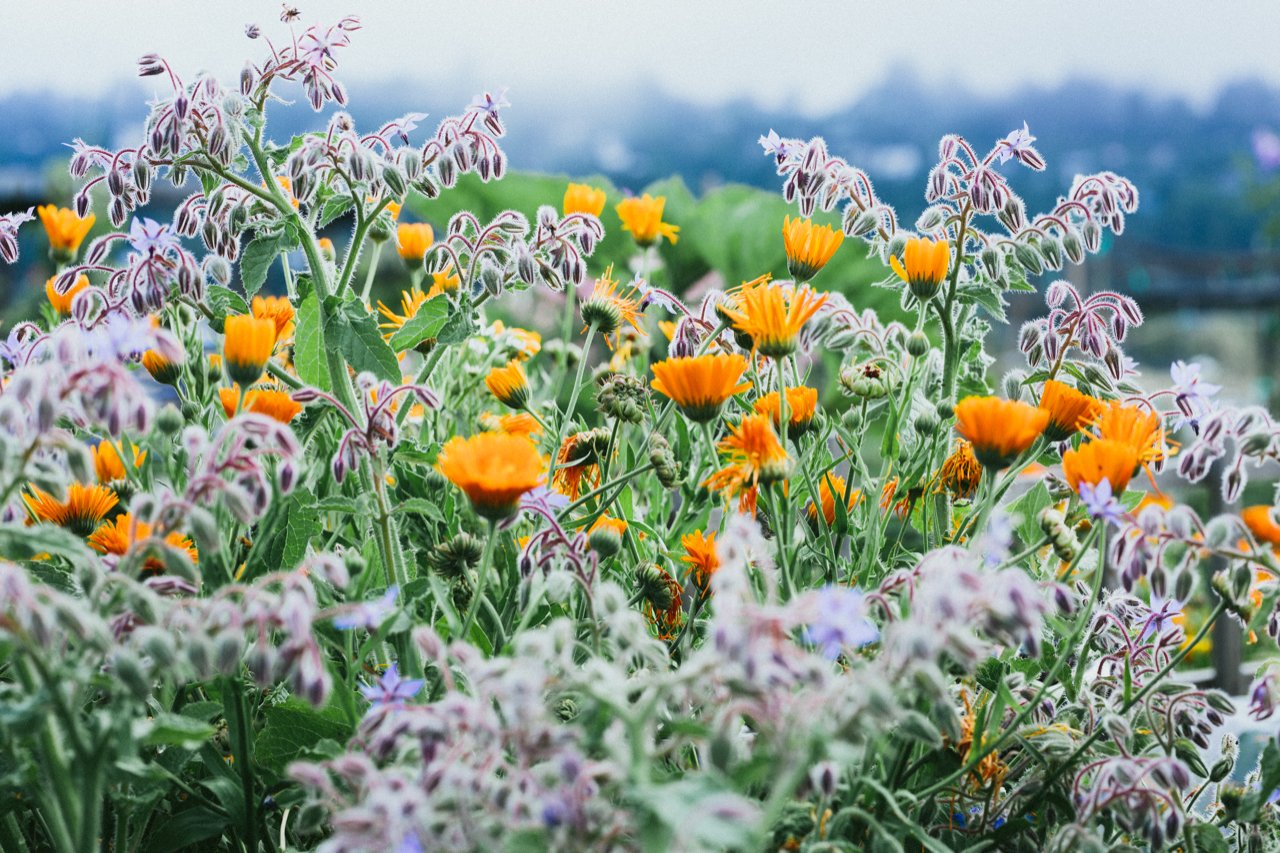
Healing Gardens
Spring 2022 Emily Murphy believes gardens hold the key to saving our health, our communities, and our planet. In her new book Grow Now Murphy
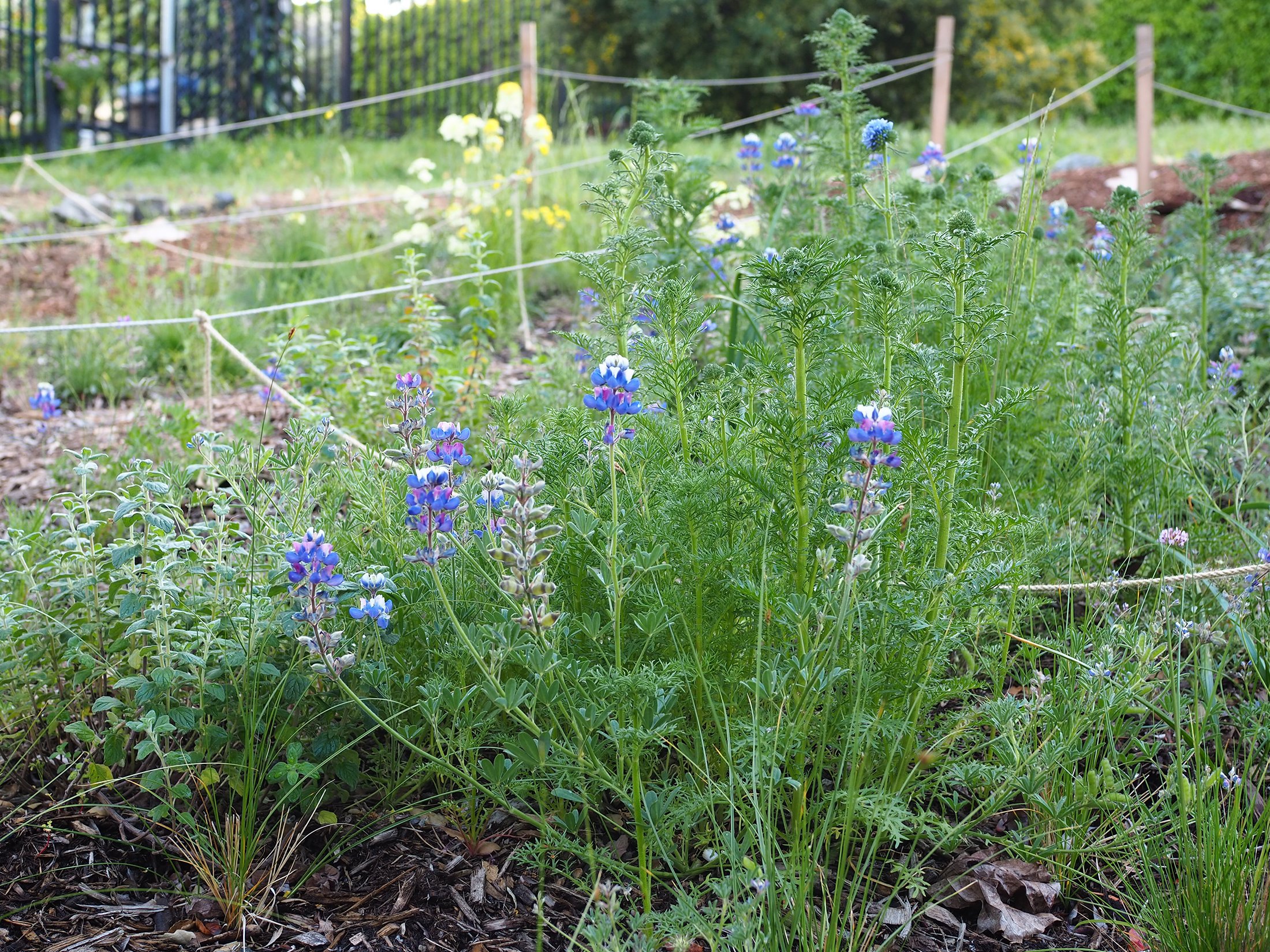
Your Keystone Plant Matrix with Garden Futurist Doug Tallamy
Spring 2022 Listen to the full Garden Futurist: Episode XIV podcast here. If you take Keystone plants out of your local food web, the food
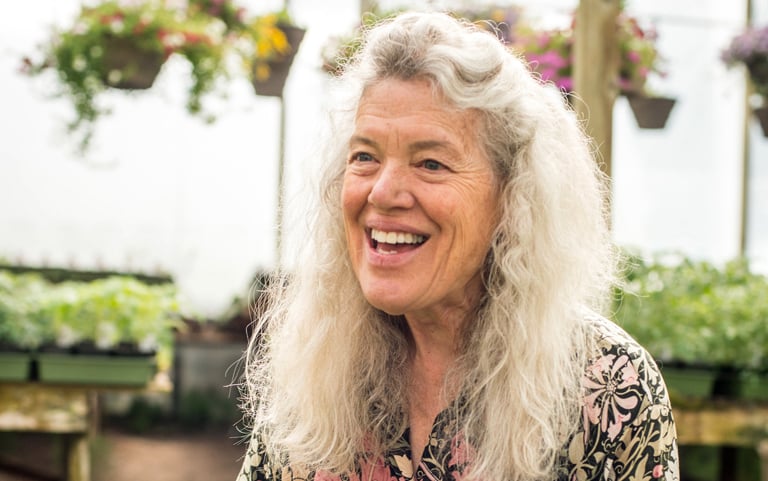
A Botanical Force
Listening to Alice Doyle recount the origin stories of Log House Plants’ most popular introductions, educational campaigns, and innovative collections is a great way to




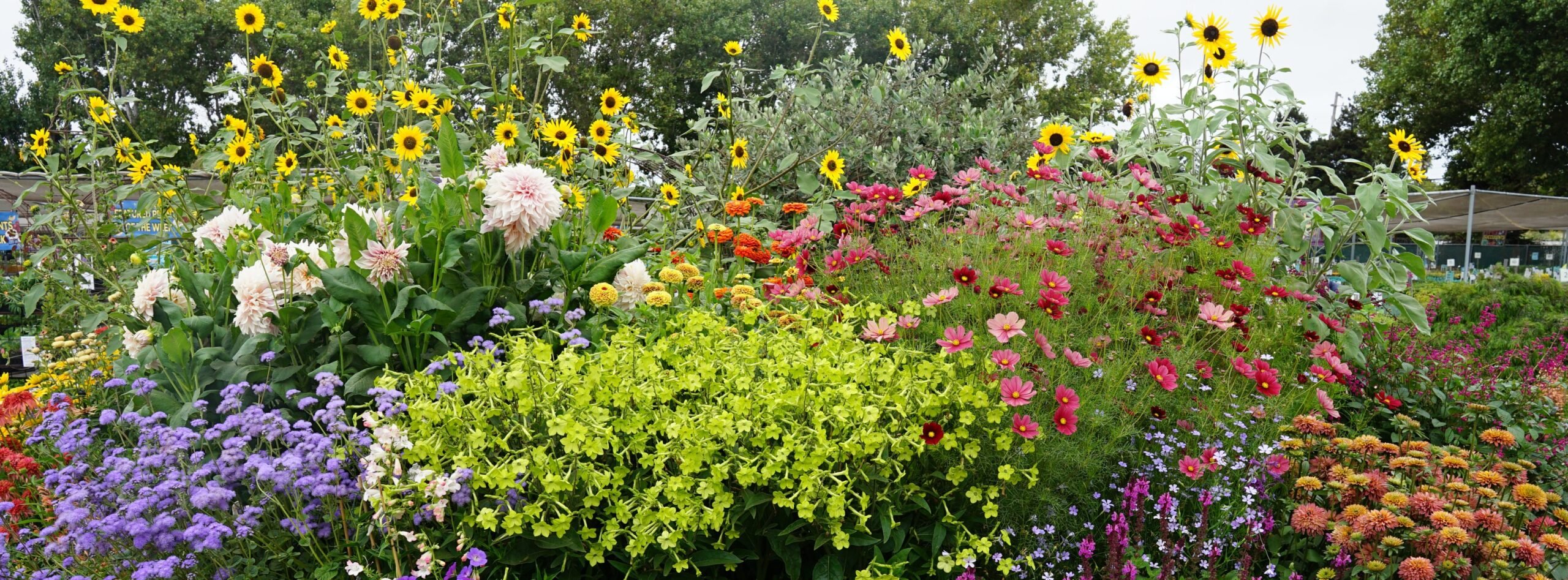




Responses